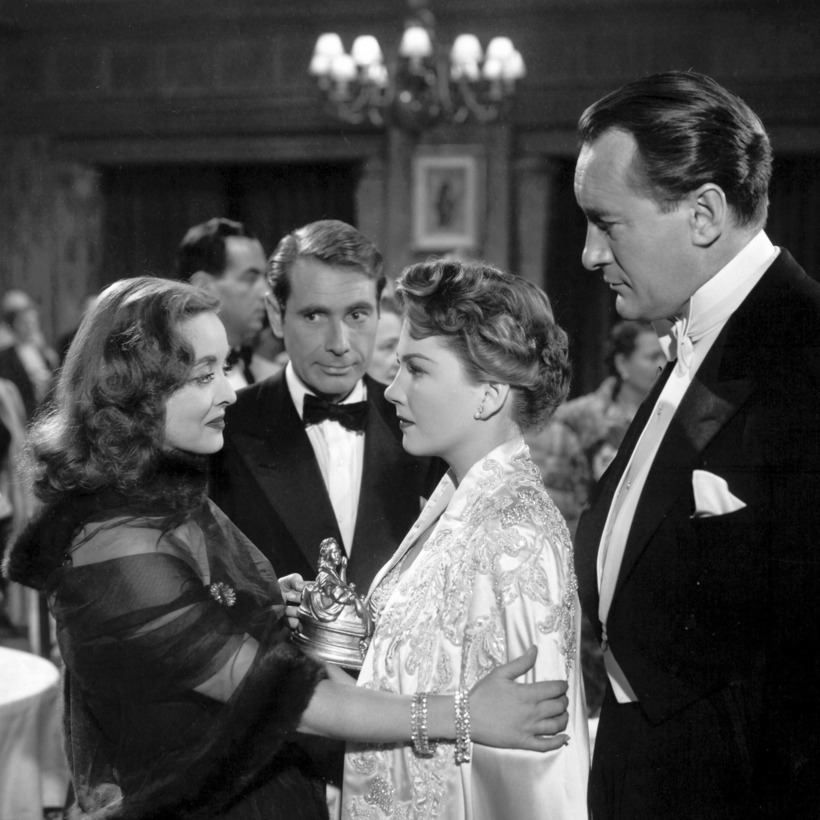Despite their contributions to the golden age of American movies, Herman (“Mank”) and Joseph Mankiewicz ended up feeling betrayed by Hollywood. Beneath their witty, convivial personae, both were driven by a rivalry as intense as Cain and Abel’s. Film critic Pauline Kael wrote in “Raising Kane,” her controversial two-part l971 New Yorker article that restored Herman’s status as the author of Citizen Kane, “There wasn’t room for two Mankiewiczes in movie history.” Joe was eaten up by envy—his desire to best his brother was arguably a goad to his tremendous achievements. Joe would win four Academy Awards in two years: best director and best adapted screenplay for A Letter to Three Wives, in l950, and both awards again for All About Eve the following year. No one has since matched that accomplishment.
In theater you had the Barrymores; in politics, the Kennedys; and in Hollywood, the Mankiewiczes. The careers of Herman and his younger brother, Joe, spanned the history of the movies—from writing intertitles for silent pictures to the advent of talkies, to Herman’s writing the first-draft screenplay for Citizen Kane, to Joe’s great debacle, Cleopatra, and his last film, in l972, Sleuth. As Joe Mankiewicz once bitingly remarked, “I’ve been in on the beginning, the rise, peak, collapse, and end of the talking picture.”

